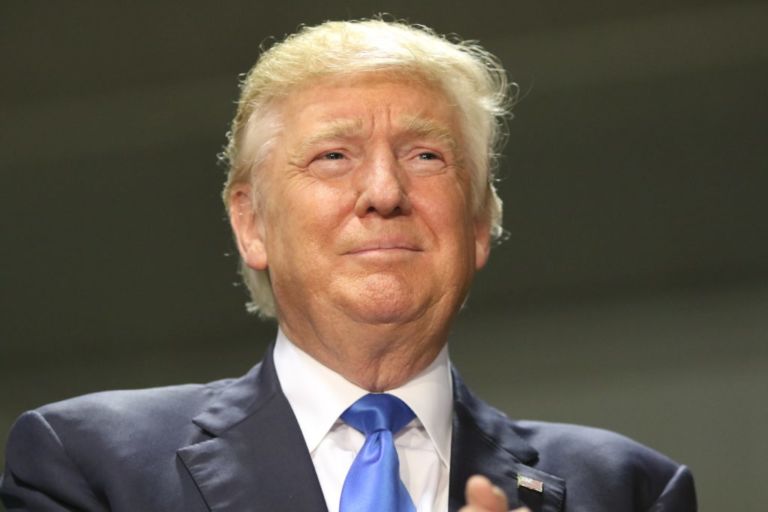Chandler Lasch writes at Real Clear Politics about media fact-checkers’ penchant for protecting President Biden.
President Biden surprised many recently when, in a speech about climate change, he remarked, “That’s why I and so damn many other people I grew up [with] have cancer.” Some on social media took his use of the word “have” to refer to a current condition. When the RNC Research account tweeted “Did Joe Biden just announce he has cancer?” some fact-checkers seemingly accused the RNC of acting in bad faith.
“How dumb is this tweet?” asked Washington Post fact-checker Glenn Kessler. “Check out Biden’s medical report. Before he became president, he’d had non-melanoma skin cancers removed. Has no one at @RNCResearch ever had this common procedure?”
Kessler was correct in his interpretation. In a response to his tweet, White House Deputy Press Secretary Andrew Bates clarified that Biden was referring to past skin cancer. But when a public figure misspeaks or gives an unclear statement, as Biden did in this case, should fact-checkers blame those who take his words literally? How should they distinguish between a bad-faith response and a genuine question?
There are certainly cases where the president’s opponents have been obviously and objectively misleading, often by editing videos in deceptive ways. Fact-checkers should continue to investigate those misleading claims and assign blame where it is due. But those instances, where a statement from the president is altered so that he appears to say something he did not, are distinct from cases where the president’s actual words are unclear or open to interpretation.
Like Kessler, Brea Jones of Factchek.org seemed to blame social media users for their response to Biden’s cancer statement. Jones claimed that these accounts misinterpreted the president’s comment, and she quoted Kessler’s calling the RNC tweet “dumb.” …
… In contrast with Factcheck.org, Snopes published a straightforward assessment of Biden’s comment about climate change and cancer. Snopes clarified that, while many took to social media to question whether the president has cancer, he does not – but Snopes did not blame social media posts for being intentionally misleading or call any posts “dumb,” as Kessler did.


